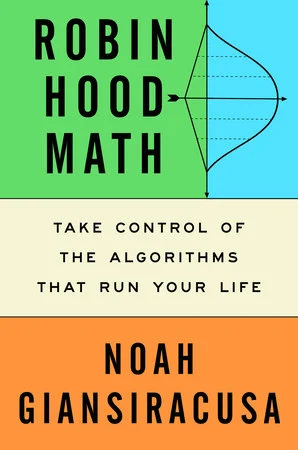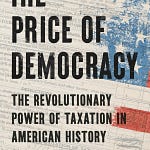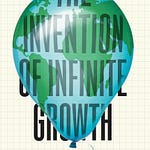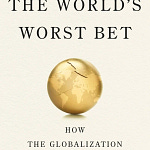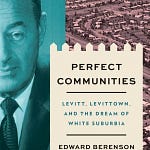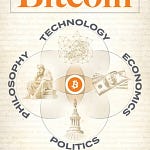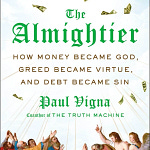When I was a child and causing trouble in third grade, they decided to bump me up a grade. My reading/writing scores were off the charts, my math, not so much. All my life, I’ve had this sense of being bad at math. In order to boost my SAT scores, I spent an entire summer with a math prep guide. When I arrived at college, my first counselor, a math professor, reviewed my transcript and gently steered me away from any math or science-related fields.
It took me until deep into my 20s that I realized I didn’t need to know advanced calculus but I needed to understand basic math. Investing gave me a way to understand math through the lens of story and to finally see that I wasn’t necessarily hopeless at math, I just needed more time and for it not to feel abstract.
I approached Noah Giansiracusa’s Robin Hood Math with a little trepidation. He’s a math professor and I’m well, not. But I found the book appealingly useful that I immediately tracked the author for an interview with New Books Network.
The premise is simple: math is controlling our lives in ways we aren’t fully aware of but there are ways to first of all be aware, and second of all, make decisions that rely on our own weighting of data, not algorithms. In our interview, Professor Giansiracusa and I go through some of the concepts in the book like weighted sums and weighted averages and how to free ourselves at least partially, from the algorithms that are constantly suggesting how we might like to proceed.
All of us, regardless of our relationship with math or technology, need to understand how math impacts everything from social media to credit scores. Part of the personalization culture assumes that what is chosen for you is right for you whether it’s the latest Netflix series or a mortgage. It turns out that what I needed when I was young, is what we all need, space to ask questions and time to make our own decisions, essentially building our own rough algorithms that are centered on what we actually value.
I know an hour focused on algorithms doesn’t sound like a great way to spend your time but if you can, give this one a listen, he explains the concepts far better than I can and he’s a fun and thoughtful guest. He really wants people to understand this because the power of math and probabilistic thinking should rest in our hands as much as they do in the corporations and governments that are making our decisions for us.




